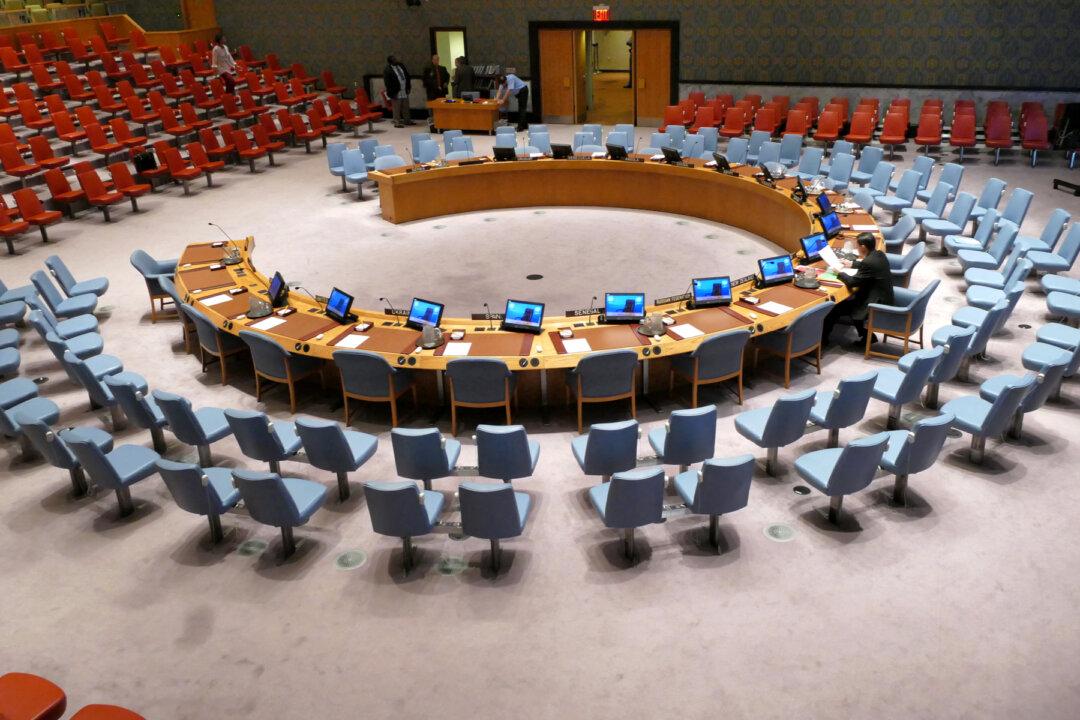The United Nations has elected 10 regimes that “repress human rights activists” to its 19-nation committee on nongovernmental organizations, according to UN Watch Executive Director Hillel Neuer.
Neuer took to Twitter on April 14 to announce the regimes that had been elected to the committee on NGOs—which oversees the work of human rights groups across the globe—by members of the U.N. Economic and Social Council (ECOSOC).




